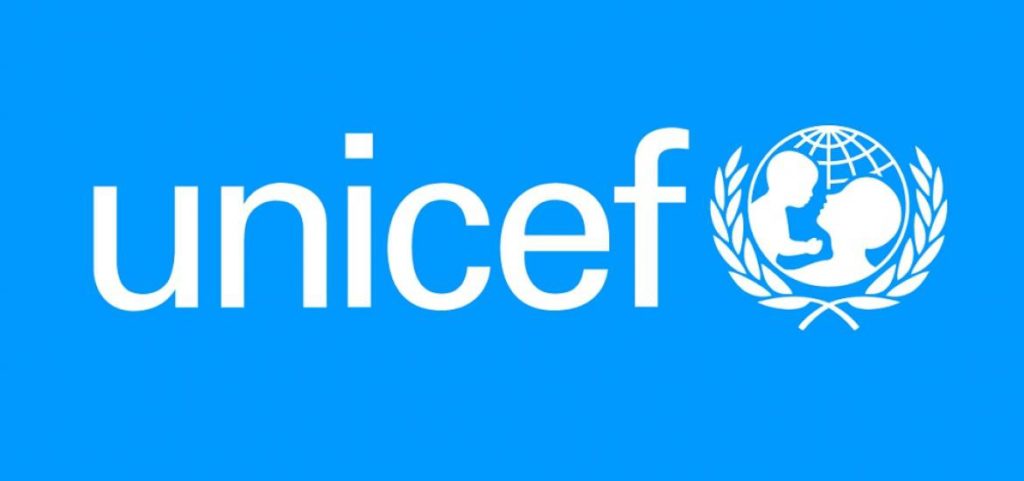UNICEF, through its innovation fund will invest in six blockchain projects in emerging markets, each project will get close to $100,000 to develop an open source prototype over the next year. The Global NGO announced months after announcing a blockchain call to start-ups that could benefit humanity.
Only Utopixar from Tunisia (Africa) and – Atix Labs from Argentina, Onesmart and Prescrypto from Mexico, Statwig from India, as well as W3 Engineers from Bangladesh – were picked from the pool of over 100 entrants.
These six companies will build prototypes and systems for global problems including – transparency in health-care delivery, affordable access to mobile phone connectivity, and the ability to direct finances and resources to social-impact projects. They join 20 other technology startups currently under management by the Fund in fields from data science and machine learning, to virtual reality, to drones.
They joined UNICEF 20 other technology companies from – data science and machine learning, to virtual reality, to drones in its Innovation Fund. The new investments, according to the organisation, form part of a wider blockchain strategy for the humanitarian agency.
“Blockchain technology is still at an early stage — and there is a great deal of experimentation, failure, and learning ahead of us as we see how, and where, we can use this technology to create a better world,” Chris Fabian, Principal Adviser, UNICEF Innovation says.
In addition to the funding, Innovation Fund will provide product and technology assistance, support with business growth, and access to a network of experts and partners.
See Also: Tunisian Based Robotics Start-up; Enova Robotics Secures $1.6 million Investment Round
Atix Labs – will develop a platform for small to medium-sized enterprises to gain access to funding while creating traceability into where the funds are used and measuring the impact.
Onesmart – to work on the misappropriation of funds in emerging markets with the scale of its prototype application, which ensures the delivery of state-provided social services to children and young people.
Prescrypto – will provide a digital solution to the lack of electronic prescriptions in developing countries with a platform that allows medical services providers to view one common history of a patient, and improve the level of care.
Statwig – use blockchain solutions to ensure the efficient delivery of vaccines through an enhanced supply-chain management system.
Utopixar (Africa) – will deliver a social collaboration tool for communities and organisations to facilitate participative decision-making and value transfer.
And finally, W3 Engineers – will improve connectivity within the refugee and migrant communities through an offline mobile networking platform without the use of sim cards and internet connection.
These investments are part of UNICEF’s blockchain explorations of using smart-contracts for organizational efficiencies, creating distributed decision-making processes, and working to build knowledge and understanding of distributed ledger technology in the United Nations and UNICEF’s nations.
More on TechGist Africa:
- Apple Inc. May Move her Operations base out of China on One Condition
- The Change We Seek: Teresa Mbagaya – Techpreneur of the Week
- Africa Records Strong Growth in ITU’s 2018 Internet Penetration Report
- Liquid Telecoms Receives $180 Million Fund to Boost its Network in Africa
- Uganda’s MSCAN Now TechCrunch ‘Africa’s Favourite Start-up
